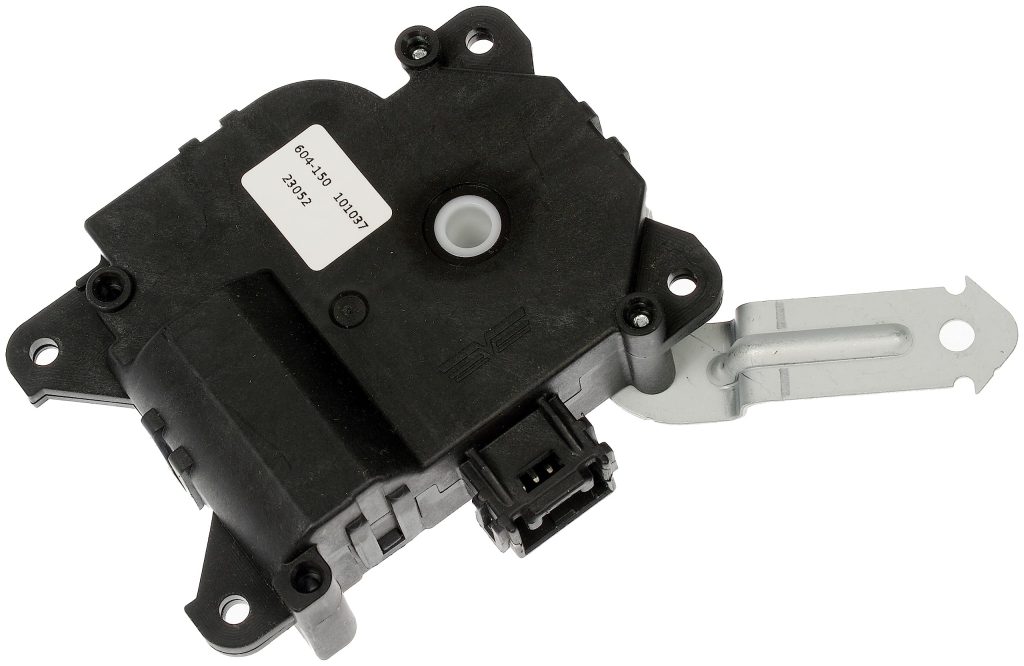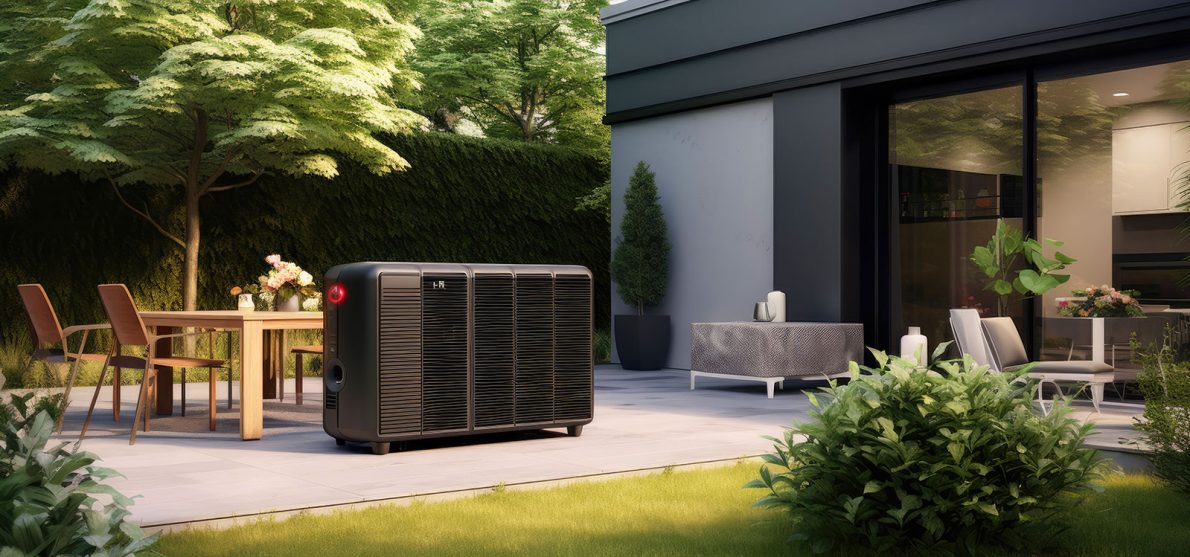The actuator converts energy into motion to manipulate a mechanism or system. The HVAC valve actuator, therefore, converts energy into motion to make the HVAC system work properly. They’re specifically responsible for closing and opening the dampers to direct hotness or coldness to the proper areas.

Replacements for faulty HVAC actuators might be called for if your HVAC system has a tendency to produce inconsistent temperatures. Bad actuators don’t open or shut the dampers in time or as needed.
When is an HVAC Actuator Faulty?
Directing hot and cold area to the proper areas they’re needed the most require actuators to move the dampers when needed, like when distributing heater hotness in winter or A/C coldness in summer.
- Inconsistent Temperature and Bad Actuators: If your HVAC unit and system produces inconsistent temperatures, one of the prime suspects of that symptom is a bad actuator. Actuators do wear out or develop cracks over time as they’re used. Check your actuator if your HVAC temperatures are all over the place.
- Only Actuators Produce Inconsistent Temperatures? No. Inconsistent temperatures can also root from dusty vents or other broken heater or A/C parts, leading to rooms becoming too cold or too hot. However, it’s usually the actuator that does it if cleanup doesn’t solve the issue.
- Strange Noises from Your Unit: Your actuator might be acting up if you’re hearing banging or clicking coming from your HVAC system. You can consider such noises as a cry of help from the actuator itself as it fails to convert energy to kinetic damper movement.
- Thermostat Temperature Adjustment is Difficult: If you’re having issues adjusting your thermostat settings, it could be your thermostat acting up or it could be the fault of a faulty HVAC actuator, particularly if your thermostat isn’t really affecting hotness or coldness at all.
- Inconsistent or Weak Airflow: If your airflow is absent, inconsistent, or otherwise weak and your vents are in pristine condition with zero dust whatsoever, then you might be faced with an actuator that’s incapable of moving the air consistently through vents, whether it’s hot or cold air.
- Higher Energy Bills Overall: The actuator is such an important part of your HVAC system that it makes the whole unit work harder in order to cool down or heat up your rooms when it’s malfunctioning in redirecting air via damper movement. This inefficiency naturally results in higher bills.
At any rate, how the actuators move the dampers is also based on the thermostat settings. It can open or close partially to redirect hot and cold air depending on how hot or how cold the thermostat is set. Ditto if it’s an automatic or smart thermostat.

